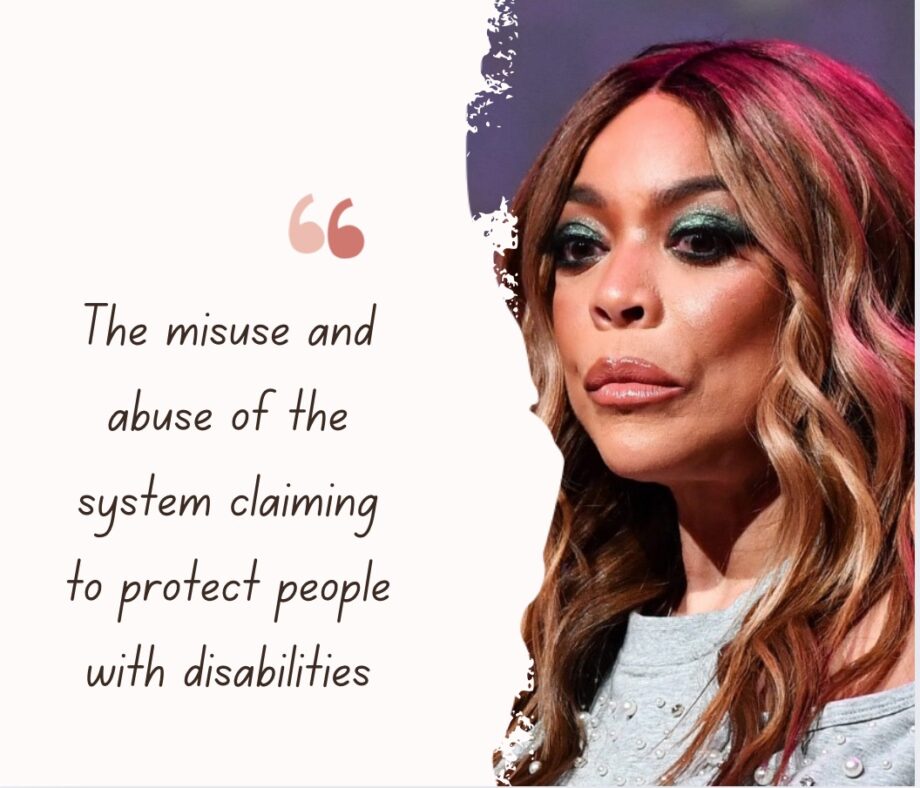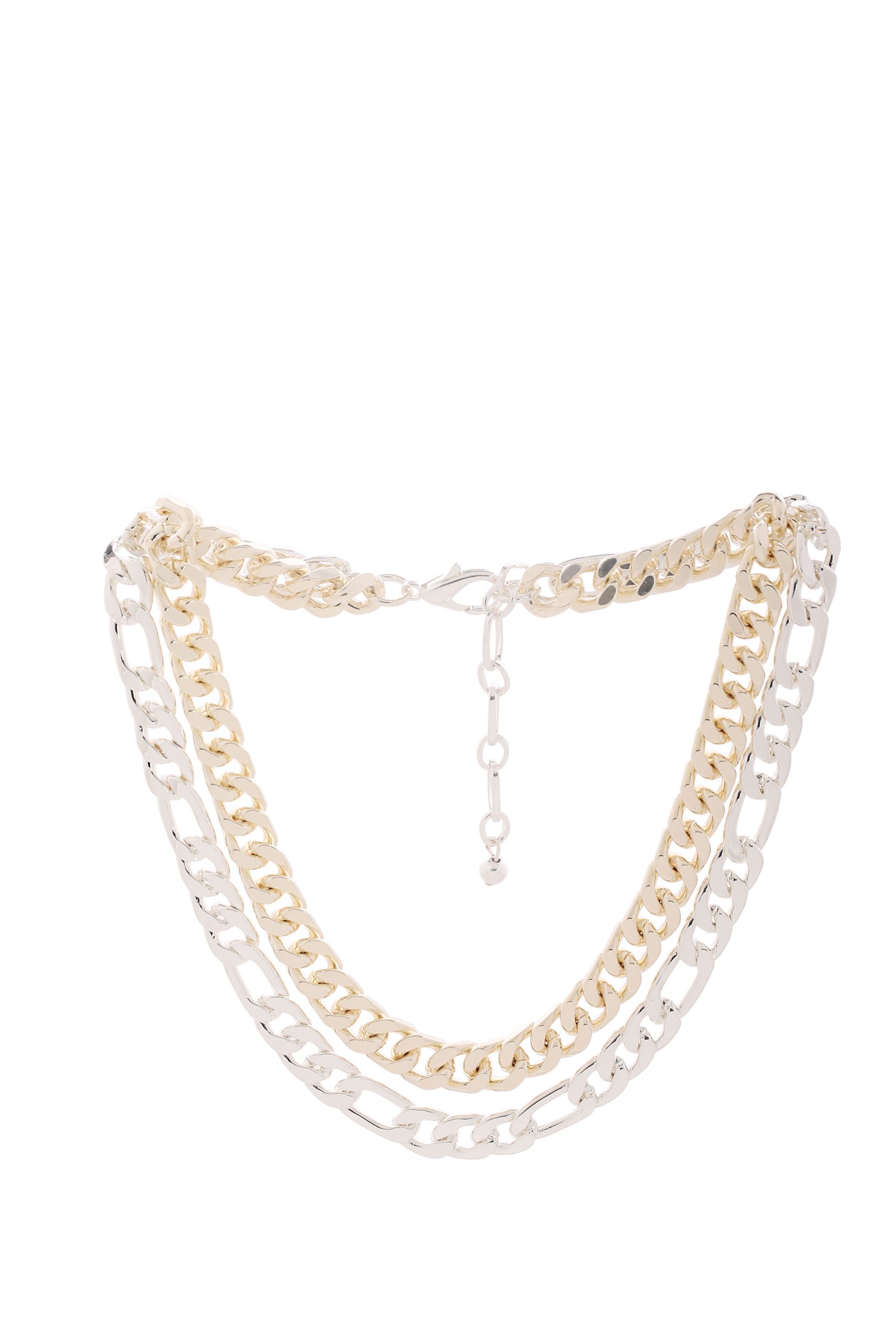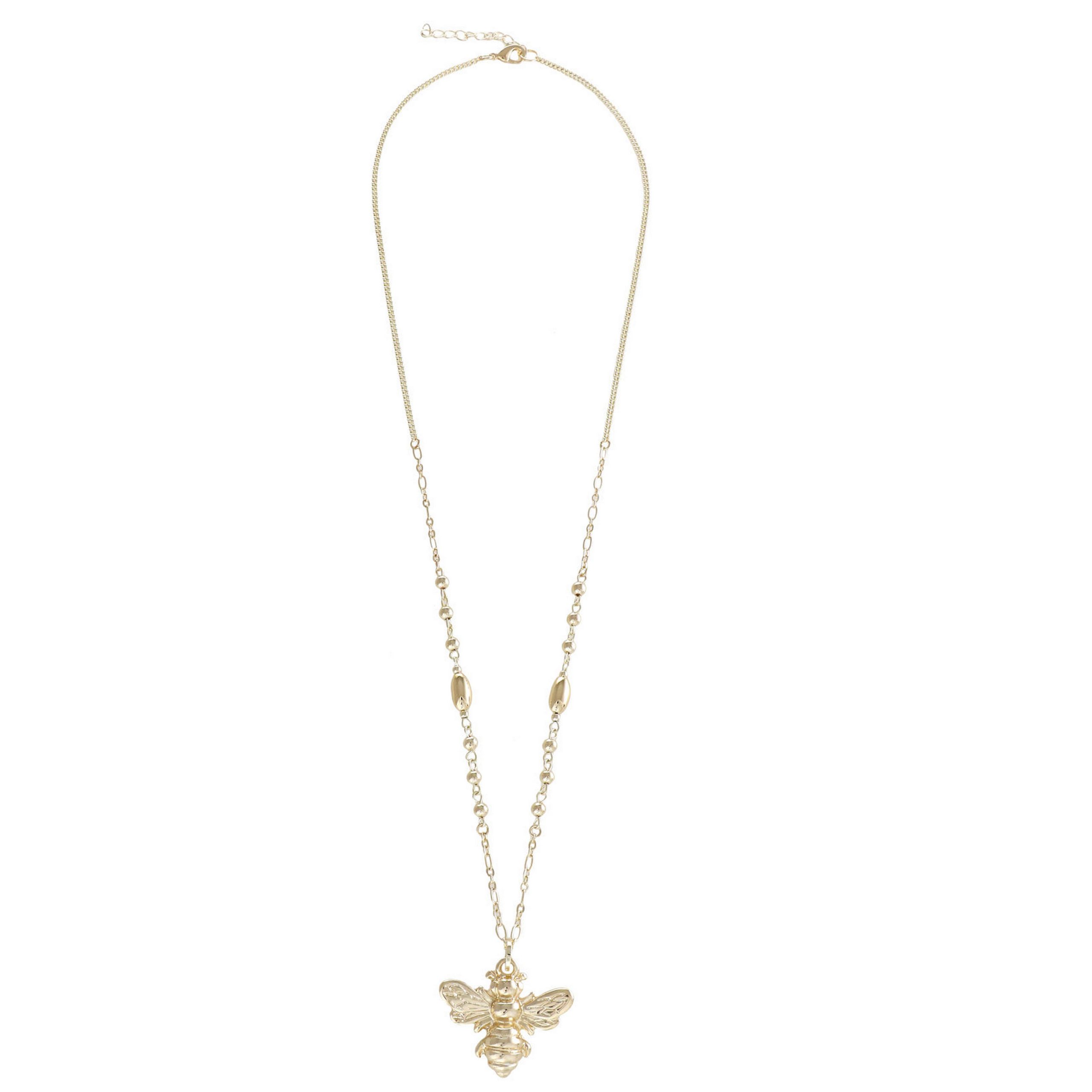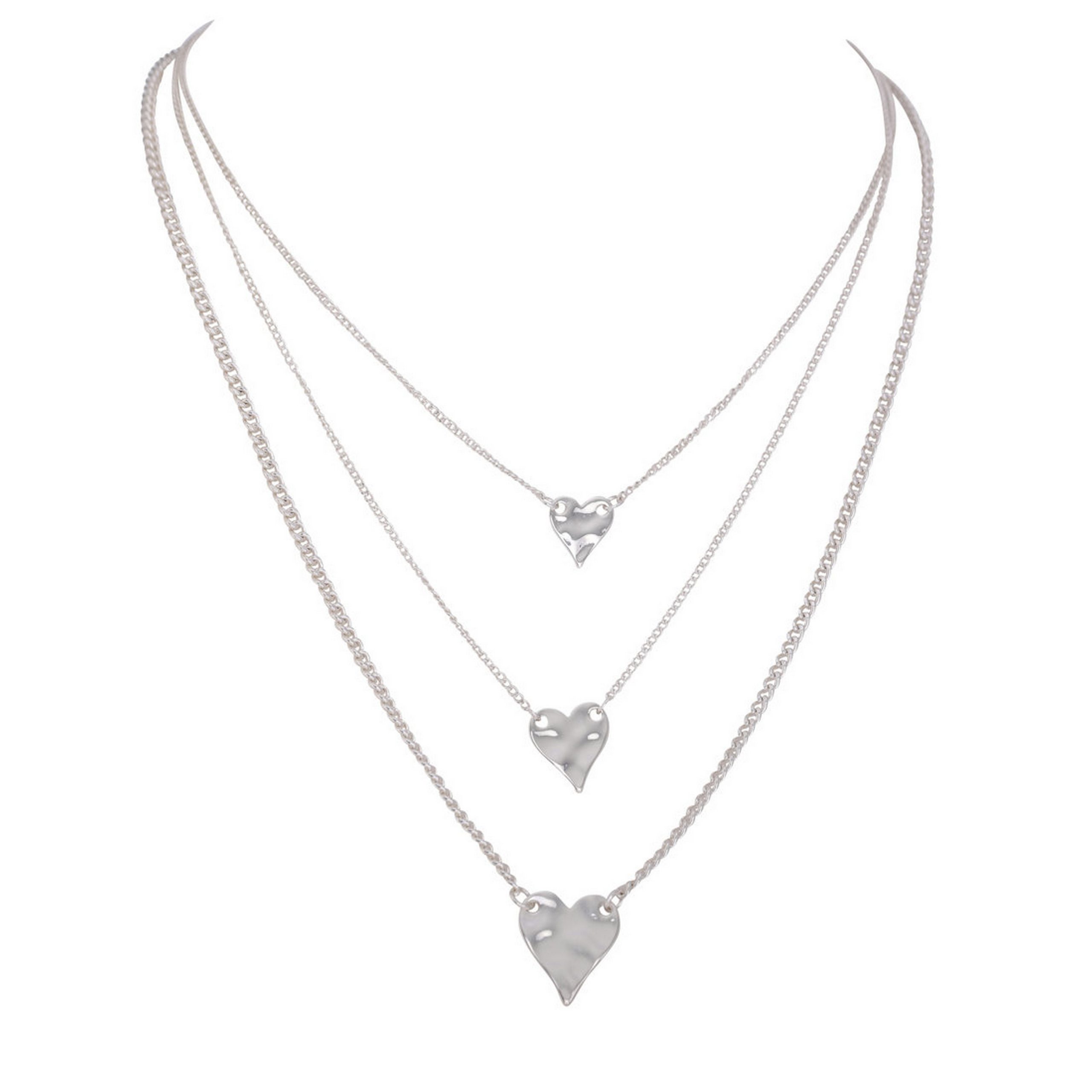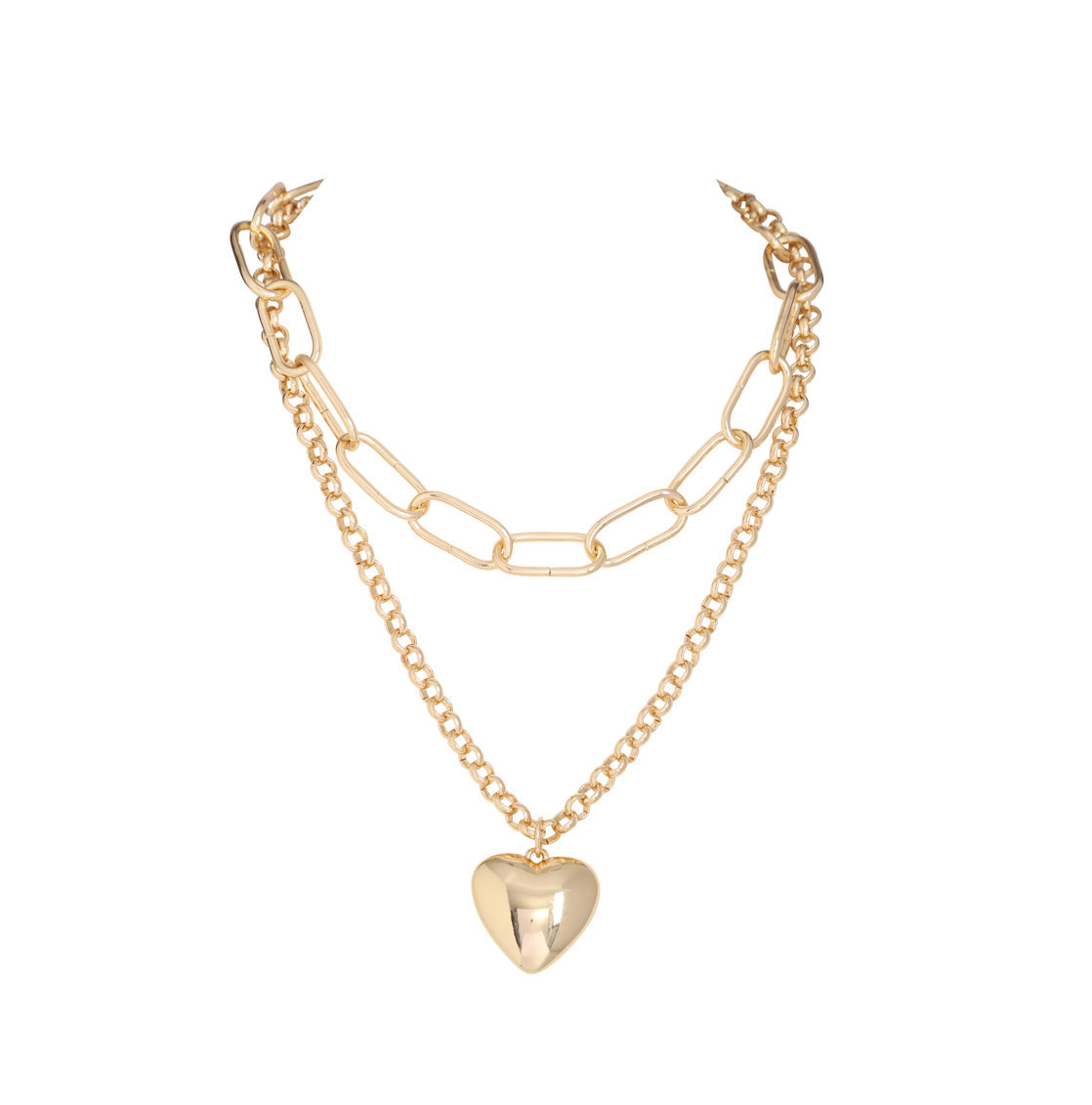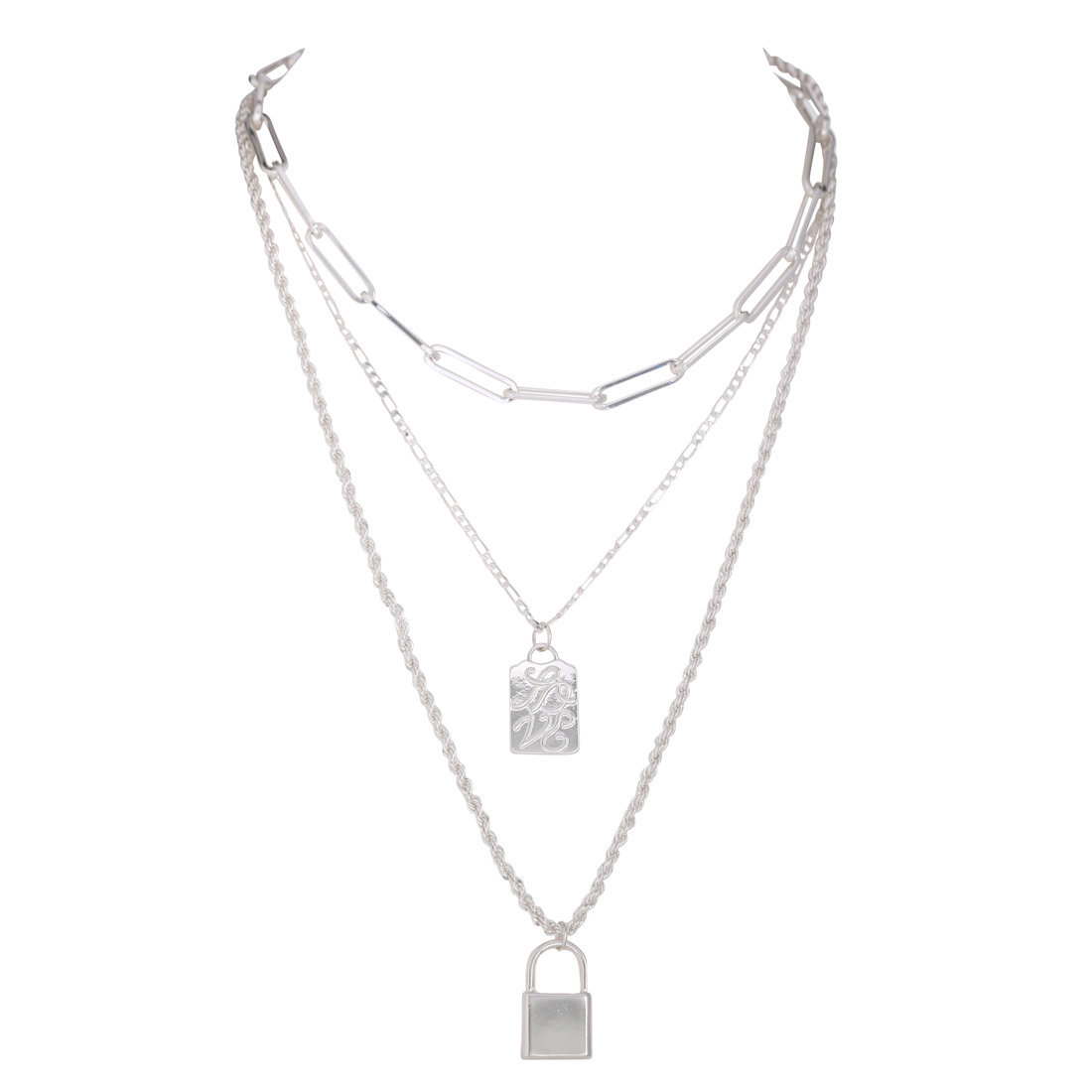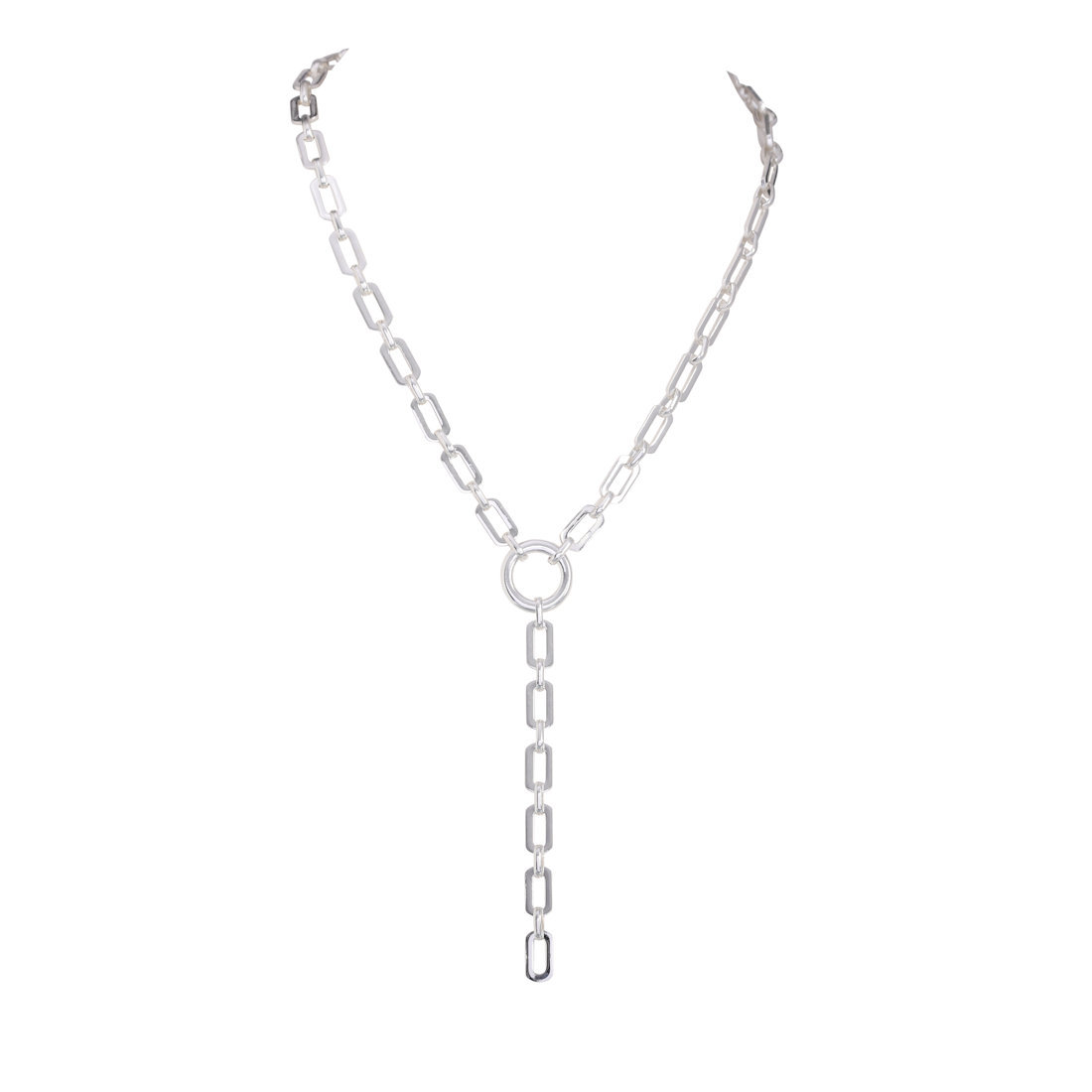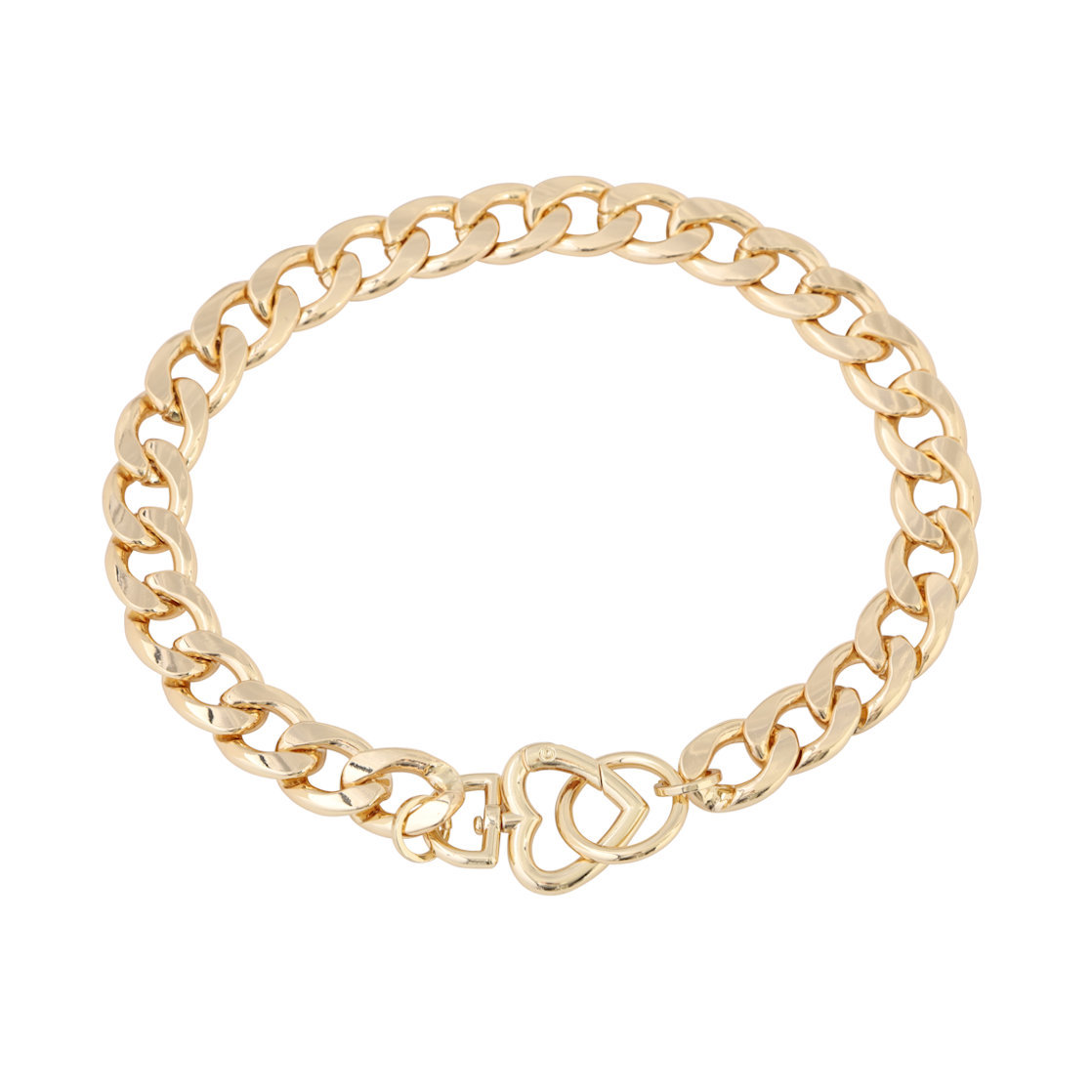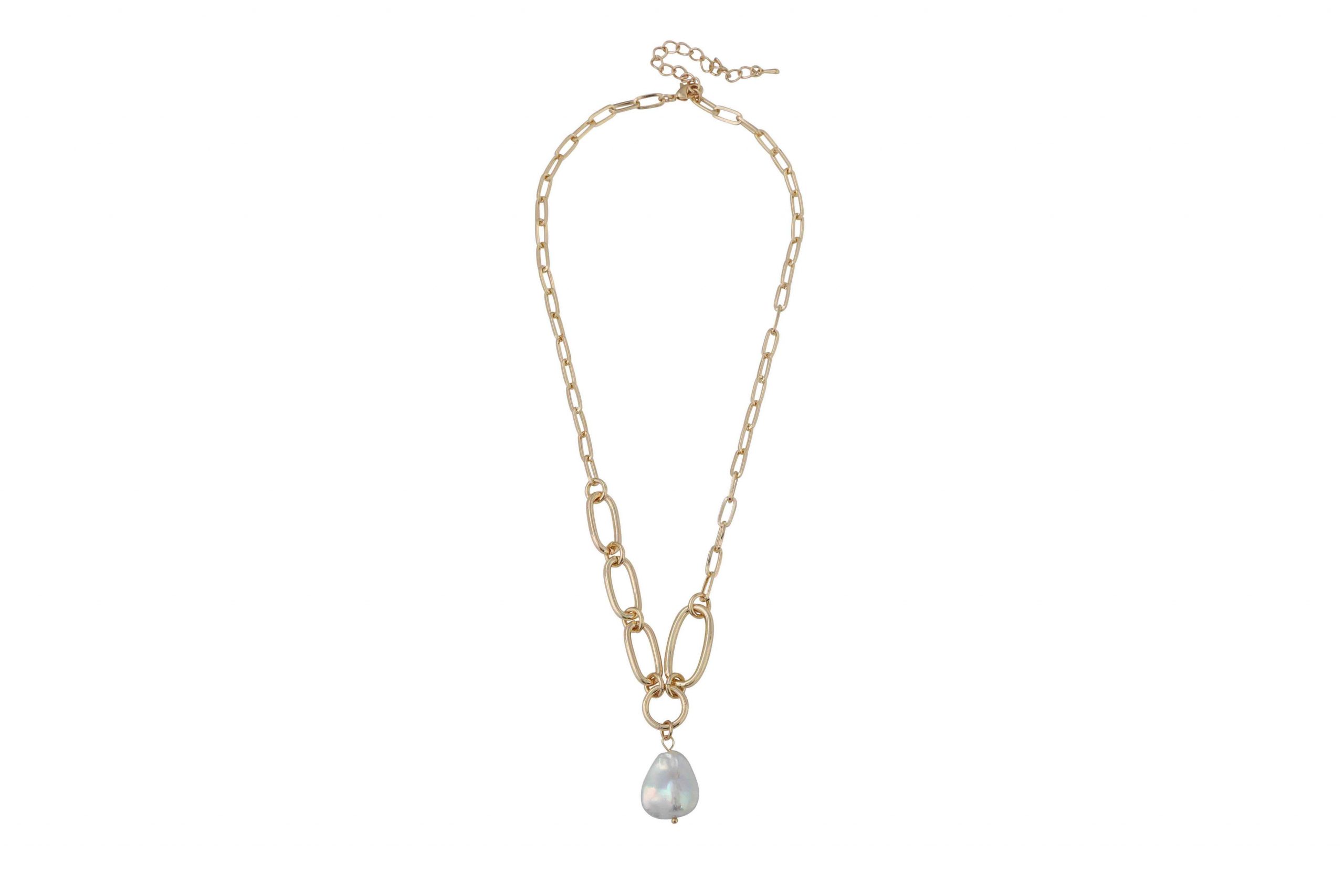There was a time when I used to watch ‘The Wendy Williams Show’ religiously. And when I say religiously, I don’t take the word lightly. She was my muse. She was my laughter during darkness. I didn’t care for much of anything that she had to say about pop culture, in particular. Out was more of HOW she said it and how she presented herself as a host. The show felt like a casual conversation with a friend, rather than an audience, with her often lounging in her comfortable-looking, almost princess-like, purple armchair and addressing viewers as ‘co-hosts’, creating a sense of intimacy. She was known for her direct and often blunt opinions, which set her apart from other talk show hosts during her time, like Ellen DeGeneres.
After much controversy, including on-air spats with guests and personal struggles that made headlines, ‘The Wendy Williams Show’ went off the air in 2021. Williams was replaced by Sherri Shepard, the former co-host of ‘The View’. Since then, Williams has stayed out of the public eye, seemingly having retired by 2023 after being placed under a conservatorship, which was established after Wells Fargo, which was involved in her finances, reported a pattern of unusual and disturbing events related to her welfare and finances. Wells Fargo claimed that Williams was an ‘incapacitated person’ and a victim of undue influence and financial exploitation. In turn, Williams has publicly stated that she feels isolated and that she is unhappy with her guardian and the judge overseeing her conservatorship.
This topic has been heavy on my mind. I’d previously written about the history of conservatorship in my blog entry on Britney Spears and how she was failed by literally everyone around her, especially following her postpartum depression. She was placed under a conservatorship in 2008 following a ‘mental breakdown’, and was finally freed in 2021 after a very lengthy legal battle between herself and her father, Jamie. Jamie Spears served as the conservator of Britney’s person and estate for years, before resigning as her personal conservator in 2019 and being removed as estate conservator in September 2021. Mathew Rosengart, who was hired as Britney’s personal attorney in July 2021, played a key role in the conservatorship’s termination and the subsequent legal proceedings.
I also discussed it in my previous blog entry on Brett Cooper. She became her older brother’s legal guardian after his schizophrenia diagnosis caused by drug use. Though somewhat similar, a legal guardianship of an adult is different than a conservatorship. In the context of adults, guardianship typically focuses on personal care and medical decisions, while conservatorship primarily addresses the management of financial affairs. A guardianship is a court-appointed legal arrangement where a guardian makes personal and medical decisions for an incapacitated adult. This can include decisions about where the person lives, their healthcare, and their daily activities. Guardianships are often established when the adult in question lacks the capacity to make these decisions for themselves. A conservatorship, on the other hand, is a court-appointed legal arrangement where a conservator manages the financial affairs of an incapacitated adult. This can involve paying bills, managing assets, and making financial decisions on behalf of the person. Conservatorships are often established when the adult in question lacks the capacity to manage their finances responsibly.
There are cases where an individual is appointed both a conservator and a legal guardian, depending on the needs of the person him or herself. In New York, where Williams is based, there are 3 types of guardianships. These are:
- Article 17-A Guardianship: For adults 18 years or older with an intellectual or developmental disability, whose guardians have the power to make most decisions for them.
- Guardianship of a Child: A parent or individual can request a court to grant them guardianship of a child when there is concern that one or both parents are unable to care for the child.
- Article 81 Guardianship: A type of guardianship where a judge gives a guardian only the power to meet the needs of the person who is deemed incapacitated – such as managing a person’s finances, property, personal needs or both.
It’s unclear which of these guardianships Williams is under as the legal documents have been sealed since 2022. One thing has been very clear, though, and it’s that Williams is very unhappy with her guardianship and is doing everything she can to change her guardian, as well as end the guardianship altogether thereafter. A person under a guardianship doesn’t usually have the right to appoint their guardian, but they can recommend a person who they would like to be appointed. Often times, a family member is named a guardian, like in Brett Cooper’s case, as well as Britney Spears’ case, as well as Amanda Bynes’ case, whose parents were appointed to be her conservators. However, there can also be an institutional guardian, such as a banker, or a professional guardian, like an attorney. Williams, however, was appointed a guardian who had absolutely no relation to her.
In February, Williams spoke with ‘Nightline’ anchor, Byron Pitts, on the phone from a care facility in New York. When asked how ahead was doing as well as of her dementia diagnosis, she said, ‘How am I doing? I’m still in prison, so to speak. As I said, because it’s a fact, this is the memory unit. That’s what this floor is called, the memory unit. And it is true that these people who live here don’t remember anything. Look, I don’t belong here at all. This is ridiculous. Frontotemporal dementia? Uh, how dare you. And I’m not saying you, because I’ve been accused of having that. And how do you prove it by keeping me locked here so that you can’t… I can’t see, look. I can’t go out.’
Williams’ conservator, Sabrina Morrissey, wasn’t happy with her words and defended herself by calling Williams out and deeming the statements as ‘untrue, inaccurate, incomplete, or misleading’. Williams’ family and friends, however, particularly her niece, have been very vocal on insisting that Williams is mentally capable, contradicting claims made by her conservator. Morrissey’s lawyer that the guardianship was not her decision but was instead ordered by a judge after Williams was declared legally incapacitated in August 2024. He also noted that the former talk show host is receiving top-tier care in a facility equipped with a spa, a workout room, excellent food, a dining room, and outside terraces’.
Williams has been trying really hard to push for a change. Her attorney reportedly attempted to terminate the guardianship last year, but the request was denied by a judge. However, Morrissey’s lawyer confirmed that she was still free to try again. Morrissey’s lawyer also insisted that Williams did, in fact, have full access to her family and the luxurious amenities at her New York facility, despite the former talk show host saying otherwise. According to her, visitors have had largely been restricted, with only a few exceptions, since she entered assisted living. She also revealed that she couldn’t leave the fifth-floor memory care unit without special permission, limiting her ability to access amenities.
The situation is messy, to say the least. But Williams’ legal battle is making a difference. It inspired a new legislation, Karilyn’s Law, which would allow relatives to petition the court for visitation rights. Once a motion is filed, the guardian would have 10 days to present reasons why the family members shouldn’t be granted access, and if the court finds their arguments unconvincing, the relatives would be given the right to visit. But it’s also important to keep in mind that a guardianship and/or conservatorship isn’t always the solution to all problems, and there are alternatives. These include:
- Power of attorney: Someone appointed by an individual to make financial or medical decisions. This is typically appointed by the individual themselves and not a judge or a court order.
- Supported decision-making agreements: A supportive community that designates specific individuals in a person’s life that can help make big decisions.
- Representative payee: A person or organization who is approved by the Social Security Administration to manage an individual’s Social Security or Supplemental Security Income benefits.
No one ever said that Williams was completely, 100% healthy. There had been times throughout the years where she showed symptoms of her declining health on her own show; like when, in 2017, she fainted during a Halloween segment while wearing a Statue of Liberty costume. Producers rushed to her rescue when she collapsed to the floor as the broadcast cut to a commercial break. The host returned minutes later, explaining that she simply overheated in her costume. Then a few months later, she was forced to cancel three episodes of her show, which was very much unlike her, during the week of Valentine’s Day in February 2018 after experiencing flu-like symptoms. Beforehand, she hadn’t taken a sick day, ever, in her 25 year career. It was then that she was diagnosed with Graves’ disease. By December 2018, she was slurring her words during an episode of her syndicated show, and fans were definitely concerned as she’d previously opened up about being a functioning addict. By 2019, she revealed she was living in a sober living house and worked with a coach on a 24-hour basis. In 2020, she took another break from her show after dealing with symptoms from her Graves’ disease that caused her extreme fatigue. By 2022, her talk show was canceled entirely.
Williams, on her part, never said she didn’t need help. She was the one who originally tried seek out for a guardian in the first place. A health care advocate, Ginalisa Monterroso, told People that she initially wanted the court to protect her financially. Now she’s protesting her guardianship with #FreeWendy movement. According to Monterroso, Williams passed the mental capacity exams conducted last month, and insisted that she was alert and oriented. In her requested for a guardian back in 2022, she was assigned Morrissey to work as her guardian to over see her financial and medical needs, and Morrissey has been the only person who’s had access to Williams’ records. Williams, at the time of her request, didn’t know all her rights would be taken away, including having no access to the Internet or a cell phone.
With all that said, the biggest issue in Williams’ case isn’t that she was put under a guardianship, but rather how she got there, as well as the person who’s legally responsible for her. Williams has questioned the actions of Morrissey, and has accused her of mismanaging her affairs and making decisions against her wishes. Williams has described her experience under the conservatorship as emotional abuse, and has expressed feelings of being trapped and held hostage. Wells Fargo, who initiated the guardianship proceedings, have claimed Williams was an incapacitated person and a victim of undue influence and financial exploitation. These allegations, time and time again, have strongly been disputed by Williams and her supporters, citing her ability to articulate her feelings and express her opinions.
And when I tell you that Wendy Williams has supporters, I don’t mean to put this lightly. She has a lot of these supporters, and they go beyond just her family and friends. Her biggest supporter and advocate, I’d say, through all of this, has been her niece. The family has voiced their concerns about the conservatorship and put an emphasis on the fact that they believe she’s capable of making her own decisions. And now, the public has joined in on the support too. In fact, Williams’ and her family’s fight for freedom has drawn parallels to the case of Britney Spears, highlighting concerns about the potential for abuse and the need for a higher level of scrutiny.
Throughout her time as a television host, Williams was known to be very blunt and brutally honest when discussing fellow celebrities’ personal lives. Britney’s conservatorship was one hot topic that Williams was very passionate about. She even went as far as wishing death to Britney’s father and her entire family. I think Williams herself was shocked at just how much she drew the line. I myself have been very, very critical of Britney’s father and the rest of her family on this blog alone, but I never wished death upon anyone. When I watch the clip of her wishing death on the people who were supposed to protect Britney, I was shocked. At the same time, however, I wasn’t supposed. It was Wendy-freaking-Williams. She was always authentically herself. She had no filters. When it came to Williams, it was…’What you see is what you get’. An acquaintance of hers described, ‘[She was] always bubbly, engaging, hard to keep up with. Talking to her was the same way you’d see on her show. She lived in a stream of consciousness — whatever was going on in her head she would say.’
Little did Williams know that she’d be put in the same circumstances by people who were supposed to protect her; who were hired to protect her. And of all people, it was her son that was the reason behind her being placed under a conservatorship. Kevin Hunter Jr., her only son, was initially her power of attorney, and he reportedly took a large sum of money from her account, which ultimately was the activity that raised red flags at the bank. The bank successfully petitioned a New York court to have Williams first placed under temporary financial guardianship that turned into a full guardianship under the state laws of New York. In its court filing, the bank stated, ‘Wells Fargo has strong reason to believe that [Williams] is the victim of undue influence and financial exploitation.’ Under the guardianship that she’s faced with because of this, she can no longer decide where to live, how to spend her money or have a bank account. She can’t vote, marry or decide the doctors she’d like to use or what friends can visit her at the facility. She has to get special permission from Morrissey and sometimes even the Judge, who is overseeing her affairs, to travel out of state.
Monterroso said, ‘You have no rights. Somebody in prison has more rights than a person put under a guardianship. Wendy feels as if she has a voice and change to get out, so she doesn’t have to try to get an alternate plan. She’s able to get counsel, everybody’s looking at the case — and there’s movement. People are listening to her now, so she’s confident that she’s going to continue to fight.’ In a February 2024 People cover story, Williams’ sister Wanda Finnie asked, ‘How did she go from this aunt or sister that we love and is healthy one minute to this person who’s in and out of the hospital? How is that system better than the system the family could put in place? I don’t know. I do know that this system is broken. I hope that at some point, Wendy becomes strong enough where she can speak on her own behalf.’ And when she appeared on ‘Breakfast Club’ in January for a rare interview, she spoke out about her situation to host Charlamagne Tha God, she tearfully said, ‘I am not cognitively impaired but I feel like I am in prison. I’m in this place with people who are in their nineties and their eighties and their seventies… These people, there’s something wrong with these people here on this floor. I am clearly not.’
Investigative journalist Diane Dimond, who released a book in 2024 titled, ‘We’re Here to Help: When Guardianship Goes Wrong’, revealed that there are currently an estimated 2 million people who are living under the court’s control. She said, ‘A guardian can be a family member, it could be your best friend, it could be a perfectly trustworthy commoner, so to speak. After investigating this for eight or nine years now, judges are overlooking family members, they’re overlooking friends and they’re going immediately to these professional, for-profit appointees, and they’re complete strangers to these wards of the court. So within that, the ward of the court loses all their civil rights. They have no more rights to decide anything about their personal life or their financial life.’
This just broke my f*cking heart into tiny little pieces. It also made me think – like, really think – about the world, and how society works against people with disabilities. I always knew this, but I just didn’t know it was to that extent, and maybe it has to do with the fact that I, as a disabled person myself, never actually had to ask the government for help and could always speak for myself and on my own behalf. In a nutshell, society often works against people with disabilities through ableism (attitudes that devalue and limit the potential of people with disabilities), stigma, discrimination, and physical/systemic barriers that hinder their full participation in society. To fully break it down:
1. Ableism and Negative Attitudes:
- Devaluation and Stereotyping: People with disabilities are often seen as “less than” or unable to achieve, leading to negative stereotypes and prejudice.
- Stigma: Disability can be associated with shame or pity, leading to social exclusion and isolation.
- Lack of Acceptance: Negative attitudes can result in low acceptance by peers, few friendships, loneliness, and even bullying.
2. Discrimination and Barriers:
- Physical Barriers: Buildings, transportation, and public spaces may lack accessibility features (ramps, accessible restrooms, etc.), making it difficult for people with disabilities to participate in daily life.
- Communication Barriers: Lack of accessibility in communication formats (e.g., braille, large print, captions) can exclude people with sensory impairments.
- Systemic Barriers: Policies and practices can discriminate against people with disabilities, such as in employment, education, healthcare, and housing.
- Social Exclusion: People with disabilities may not have access to public spaces, participate in political decision-making, or have their voices heard, leading to their needs being overlooked.
- Employment Disparities: People with disabilities face challenges in finding and maintaining employment, often due to discrimination or lack of accommodations.
- Educational Barriers: People with disabilities may face challenges in accessing quality education and may be excluded from mainstream educational settings.
- Healthcare Disparities: People with disabilities may face barriers in accessing healthcare services and may experience discrimination or negative attitudes from healthcare providers.
- Financial Strains: People with disabilities are more likely to experience poverty and may face challenges in accessing financial resources.
- Transportation Challenges: Lack of accessible public transportation can limit people with disabilities’ ability to travel and participate in activities.
- Technological Gaps: Lack of access to assistive technologies can limit the ability of people with disabilities to participate in daily life and work.
3. The Social Model of Disability:
- The social model of disability emphasizes that disability is created by societal barriers, not by the individual’s impairment.
- It argues that society disables people by failing to make accommodations and create inclusive environments.
- The focus is on changing societal attitudes and practices, rather than on “fixing” people with disabilitie
I’ve faced ableism and discrimination in my lifetime, especially in the world of friendships, education, healthcare and employment. Assumptions were made about me strictly due to the fact that I have cerebral palsy, and later epilepsy was added on to the mix. People questioned whether I could or couldn’t live a ‘normal’ life. But I’ve also been fully capable of taking care of myself. I never had to go to the government and ask them for assistance in my finances or life decisions. I was definitely offered assistance time and time again, but I always declined. Even as my parents always encouraged me to accept any help that was offered to me by any government, bank, or any other source, I always declined. I never fell for the trap, even though my parents did. And now… I’m so happy that I never fell for the scam. For all I know, I could’ve been another Wendy Williams.
The thing about disabled people is that they’re a money making machine. Disabled people are considered to be the most vulnerable spicier out there, and, therefore, are considered to be valuable targets. Conservatorships and legal guardianships, while intended to protect individuals with disabilities, can unfortunately be misused, leading to exploitation and a loss of autonomy. Guardians can make decisions about personal care, finances, and healthcare, potentially overriding the wishes and needs of the ward. But to break it down more thoroughly:
Loss of Autonomy and Control:
- Decision-Making: Guardianships and conservatorships can strip individuals with disabilities of their right to make decisions about their lives, including where they live, who they see, and how they spend their money.
- Reproductive Rights: Guardians can potentially make decisions regarding healthcare, including sterilization, which can infringe on reproductive rights and privacy.
- Financial Exploitation: A guardian or conservator can have control over a person’s assets, potentially leading to misuse or mismanagement of funds.
- Living Arrangements: Guardians can make decisions about where a person lives, potentially placing them in an institution or facility against their wishes.
2. Potential for Neglect and Abuse:
- Physical Abuse: Guardians can physically harm or neglect the people they are supposed to protect.
- Emotional Abuse: Guardians can isolate individuals, deny them access to their friends and family, or make them feel worthless.
- Financial Abuse: Guardians can spend the ward’s money on themselves or others, or fail to provide for the ward’s basic needs.
- Medical Neglect: Guardians can fail to provide adequate medical care or prevent the ward from seeing their doctor.
3. Challenges in Addressing Abuse:
- Lack of Awareness: Many people with disabilities and their families are unaware of the potential for abuse within guardianship and conservatorship systems.
- Difficulty in Reporting Abuse: It can be difficult for individuals with disabilities to report abuse, especially if they are dependent on their guardian.
- Lack of Resources: There may be a shortage of resources and support for individuals with disabilities who are experiencing abuse within these systems.
4. Alternatives to Guardianship and Conservatorship:
- Power of Attorney: Individuals can appoint a trusted person to make decisions on their behalf if they become incapacitated, allowing them to retain more control over their lives.
- Supported Decision-Making: This approach involves providing individuals with support and assistance in making their own decisions, rather than making decisions for them.
- Advocacy: Individuals can seek support from advocacy organizations that can help them navigate the legal system and protect their rights.
5. Importance of Legal Representation:
- Special Needs Attorneys: Individuals with disabilities and their families should seek legal advice from attorneys specializing in special needs law to ensure their rights are protected.
- Court Oversight: It is crucial to have court oversight of guardianship and conservatorship arrangements to ensure that the guardian is acting in the best interests of the ward.
And this, in a nutshell, is exactly what’s been happening now to Wendy Williams. She was failed by the system that aims to fail people with disabilities. She’s someone who’s loved and cherished by the public. The public wants to see her succeed. Her fans, unlike the system, want to see her thrive, and they’ll support her in any way they can. Britney Spears’ own conservatorship was finally discontinued solely due to the enormous amount of support she’d received from her fans in the #FreeBritney movement. Britney’s own family was using and abusing her conservatorship for their own gain, but the world loved her, and the world’s unity in supporting her became stronger than her family’s eagerness to destroy her. Williams’ 21 year old son abused his power over her, and now she’s paying the price for it. But the world is paying attention to her. The world is listening to her, as well as to the rest of her family, in supporting her.
But what about those people with disabilities who don’t have the support and advocacy that Wendy Williams and Britney Spears have had over the years? This is the real million dollar question that needs answers to. What the world needs to understand is that people with disabilities are people too, and that they all have different needs. Two people with cerebral palsy, for instance, aren’t going to be the same. Two people with epilepsy aren’t going to be the same. Two people with autism aren’t going to be the same. It’s not a one size fits all type of situation.
We need to do better. We need to take better care of people with disabilities. We need to start having a better understanding of people with disabilities on a more individual scale. Women like Wendy Williams, Britney Spears, and even Amanda Bynes, who also had her conservatorship dismissed after Britney’s was, are the start of these conversations finally being in place. But we need more. We need much, much more. And let’s make one thing clear: it’s not just a women’s issue, but rather a PEOPLE issue. Disabled women are the ones targeted more.
Our Most Popular Posts
Sign up to our newsletter if you want to see more content from The Graceful Boon! By signing up to our newsletter, you'll get an even more in-depth content from yours truly, Stacie Kiselman, who's our Graceful Boon, that you won't want to miss out on.

